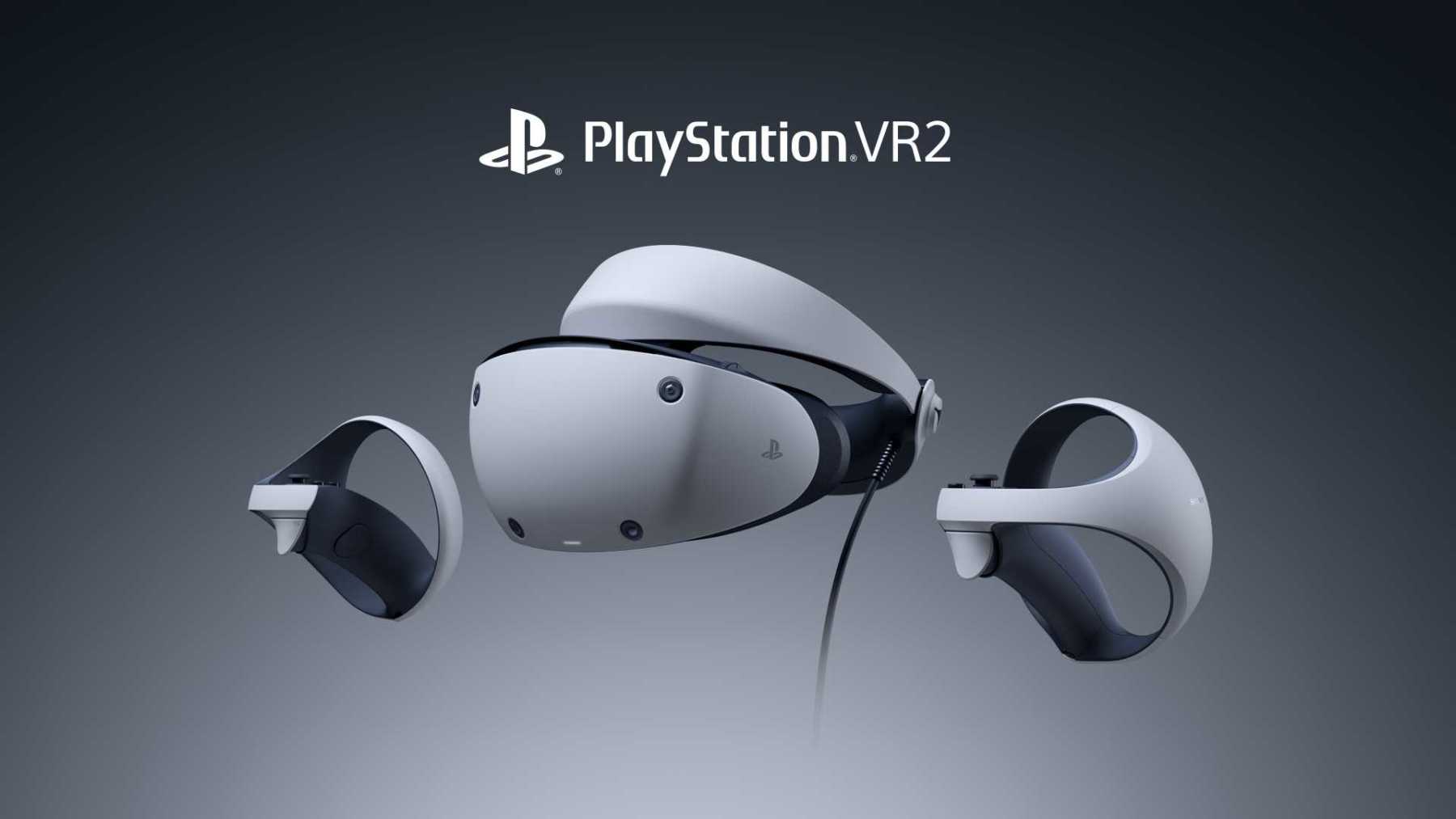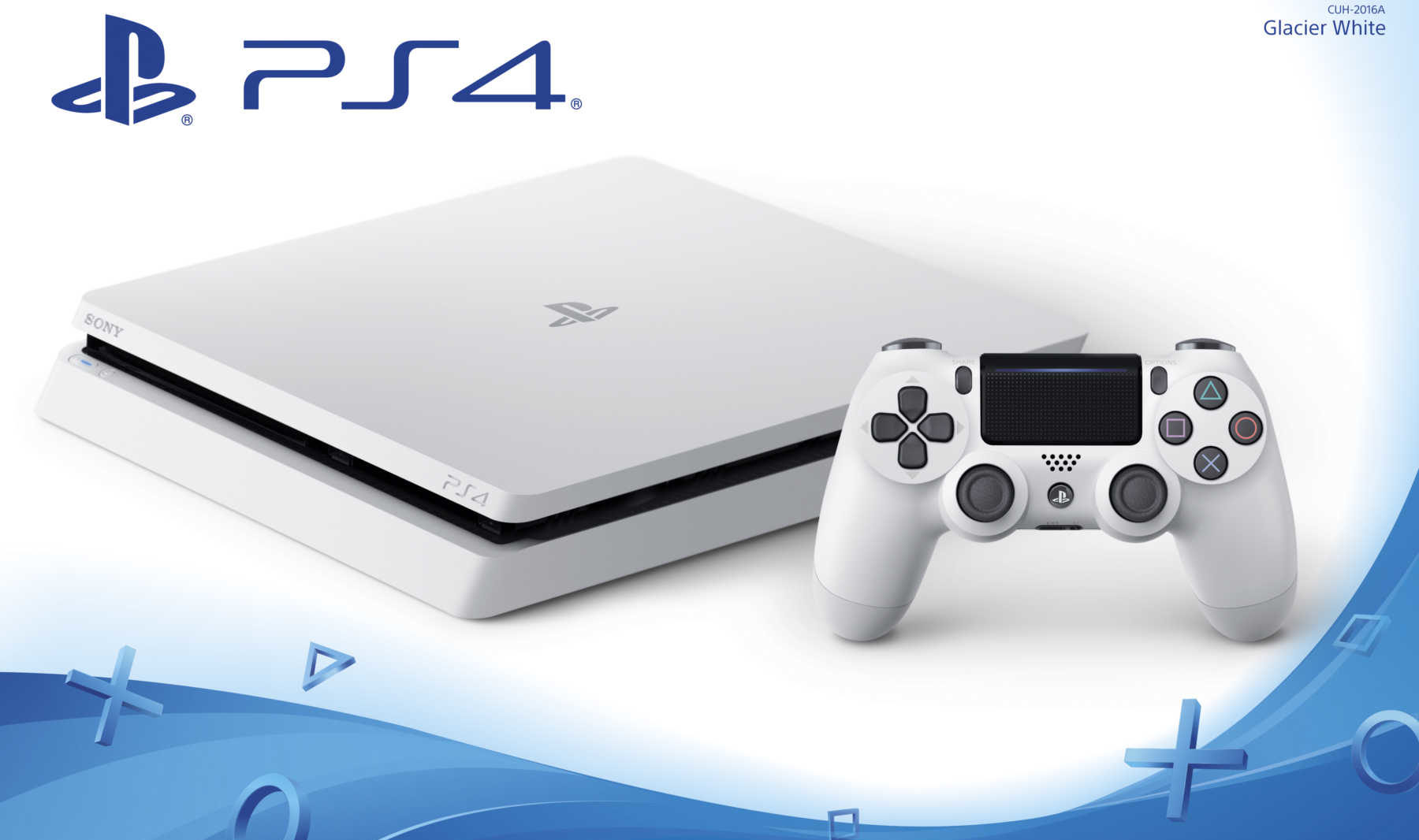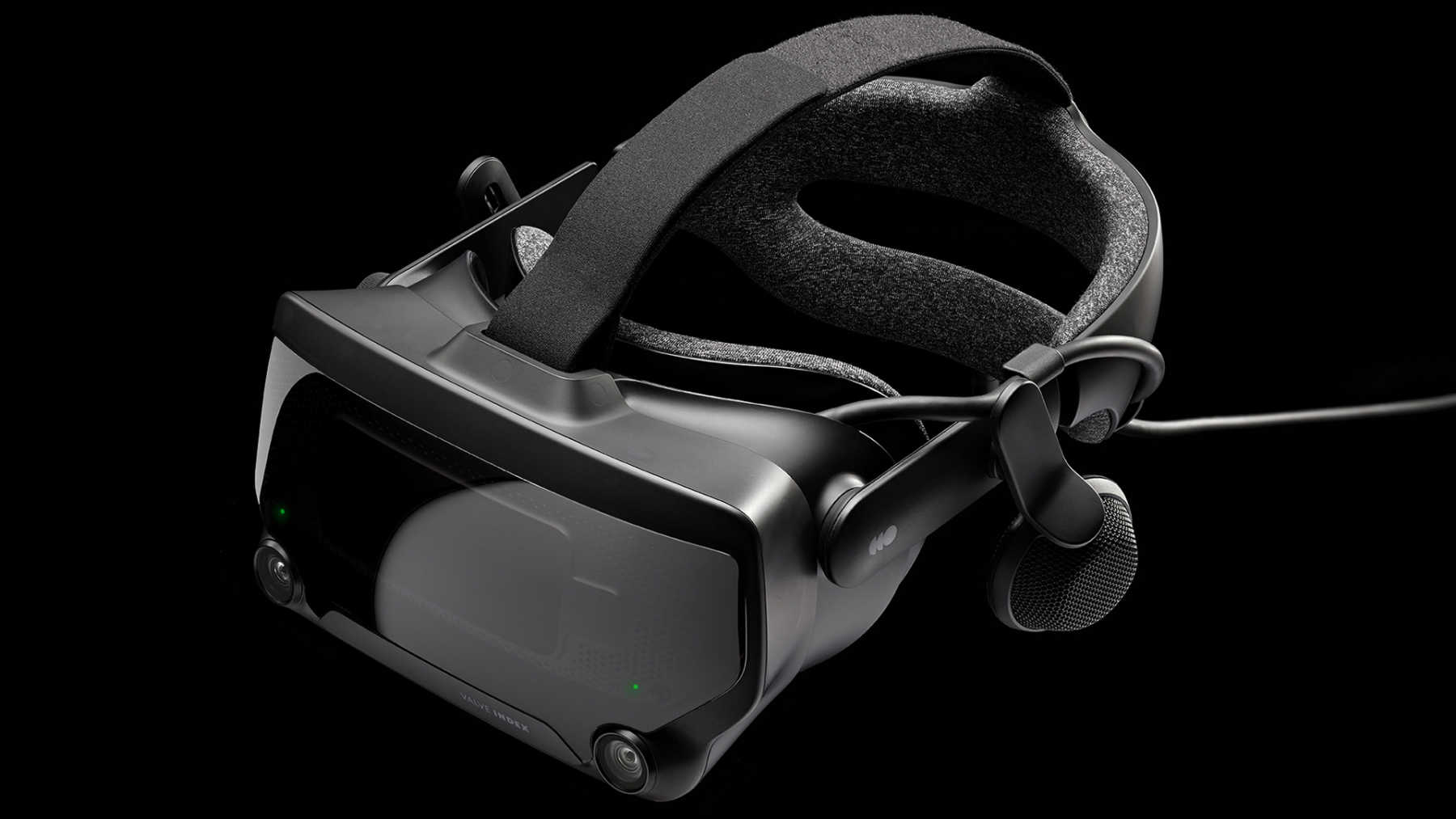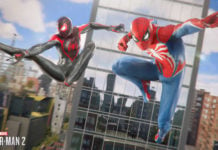
The PlayStation 5’s new virtual reality headset, the PSVR2, has been making waves in the gaming community. As a significant upgrade from its predecessor, it has the potential to revolutionize the VR gaming experience. However, despite its impressive features, the PSVR2 has been met with criticism, largely due to its lack of backward compatibility with games from the first-generation PSVR. This issue may hinder the success of the PSVR2 and raises questions about Sony’s decision-making process, especially considering the backlash they received when the PS4 was released without backward compatibility.
A Step Backwards in Compatibility
One of the main concerns with the PSVR2 is its inability to support games purchased for the original PSVR. This means that players who invested in a library of VR titles for the first-generation headset will be unable to play them on the new hardware. This lack of backward compatibility not only frustrates existing PlayStation VR owners but also puts up barriers for those considering an upgrade to the new headset. Why drop $600 on a new VR headset when you are gonna have to buy all the games again?
The decision to exclude backward compatibility from the PSVR2 has significant financial implications for both gamers and Sony. With a high initial investment required for the PSVR2, the added cost of repurchasing games – assuming they have been re-released for the new hardware – might deter potential buyers. As a result, this could negatively impact the sales and adoption of the PSVR2, limiting its potential to grow the virtual reality gaming market.
A Lesson Not Learned

Sony’s decision to exclude backward compatibility from the PSVR2 is particularly puzzling, given the company’s past experiences. When the PS4 was released without backward compatibility, it was met with widespread disappointment and frustration. The ability to play games from previous generations has been a much-desired feature for gamers, as demonstrated by the positive reception of the PlayStation 5’s backward compatibility with the majority of PS4 titles. Sony’s decision to ignore this demand for the PSVR2 seems like a significant oversight and an unfortunate repeat of past mistakes.
Backward compatibility is crucial for a variety of reasons. It enables gamers to continue enjoying their favorite titles without needing to maintain multiple consoles or hardware. This convenience is particularly relevant in the rapidly evolving world of VR, where hardware updates and improvements are frequent. Backward compatibility also encourages brand loyalty by allowing users to maintain their gaming libraries across generations, ensuring that their investments in games and hardware are not rendered obsolete by new releases.
While the PSVR2 offers a premium virtual reality experience tailored for the PlayStation 5, it’s essential to consider the appeal of PC VR headsets in the broader gaming market. Despite often being more expensive than their console counterparts, PC VR headsets provide a key advantage – instant access to a massive catalog of VR games.
The Expansive PC VR Gaming Library
One of the significant benefits of investing in a PC VR headset is the extensive library of virtual reality games available to players. Platforms such as SteamVR and Oculus Store offer a wide range of VR titles that cater to various tastes and preferences. In addition, the PC VR gaming market is generally more open and diverse, providing independent developers with an opportunity to showcase their creations and contribute to the ever-growing VR gaming catalog.
Furthermore, many PC VR headsets are compatible with a range of VR game titles across multiple platforms, ensuring that players can enjoy a vast selection of experiences without worrying about compatibility issues. This flexibility stands in stark contrast to the PSVR2, which locks players out of games from the first-generation PSVR, limiting their access to a smaller library of supported titles.
The Attractiveness of PC VR Headsets in Comparison to PSVR2

The vast catalog of VR games available to PC headset owners and the platform’s openness make it a more attractive option for many gamers. This factor, combined with the PSVR2’s lack of backward compatibility, may lead potential buyers to consider PC VR headsets over Sony’s offering.
While Sony’s decision to limit the PSVR2’s compatibility with older titles may have been motivated by a desire to encourage the development of new, optimized games for their latest VR hardware, it ultimately hurts the attractiveness of the PSVR2 for many gamers. By locking PlayStation players out of games from the first PSVR, Sony has inadvertently highlighted the benefits of PC VR headsets, which offer a more extensive library and greater flexibility in terms of game compatibility.
While the PSVR2 offers an impressive virtual reality experience, its lack of backward compatibility with first-generation PSVR games is a major drawback that could hinder its success. Sony’s decision to exclude this feature feels like a misstep, especially considering the backlash they experienced with the PS4. As gamers and the industry continue to emphasize the importance of backward compatibility, Sony may need to reconsider its strategy in future hardware releases to avoid repeating the same mistake and losing potential customers.





























